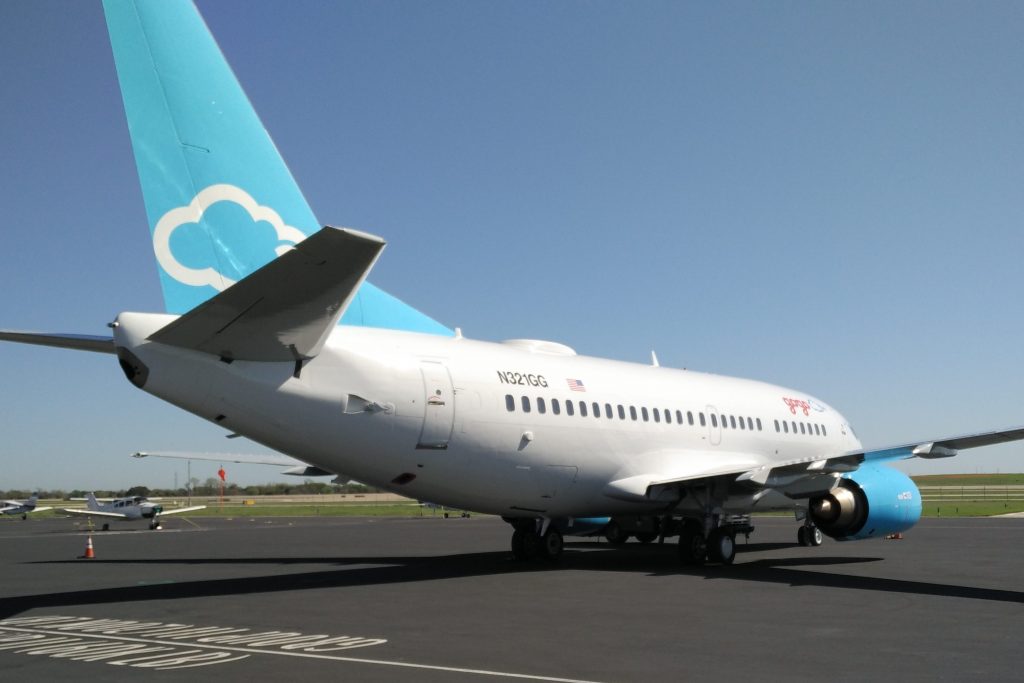Gogo CEO Concedes Company Lost Its Way — and Often the Wi-Fi Connectivity Too

Skift Take
How much of a future does Gogo have as an independent public company? We'll see. But it sounds like the new CEO is open to pursuing alternatives.
For years, passengers — and at least one major U.S. airline CEO — have complained about unreliable Gogo in-flight Wi-Fi connections. On Friday, they learned they have an ally in new Gogo CEO and long-time board member Oakleigh Thorne, who admitted he has sometimes felt similarly.
"I'm sure everyone on this call has a frustrating Gogo story, either a hard time connecting to the network or an arduous log-on process or just slow performance," Thorne said. "As a board member, I used to complain about all those things all the time. And now I get to complain about them as the CEO."
In sometimes harsh language, Thorne, who through his family office owns 30 percent of Gogo's equity, suggested the company had lost its way, investing in non-core products
